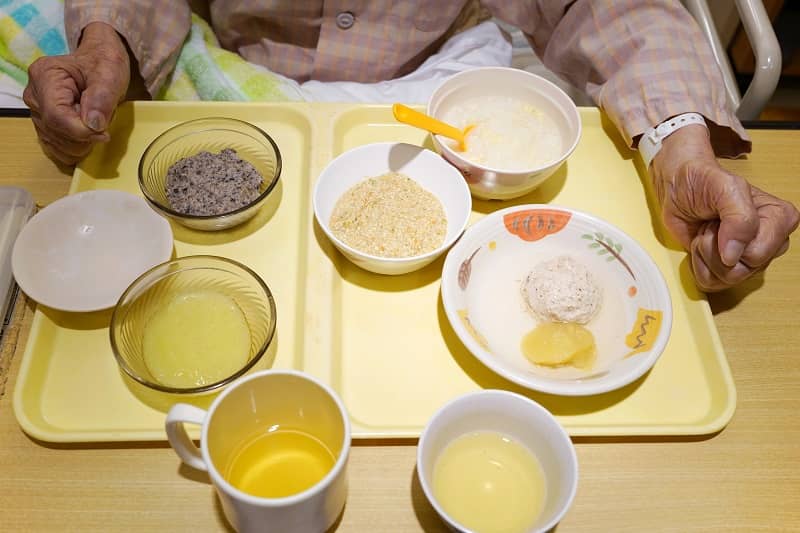

Why are so many Oregonians calling for a single-payer health care plan funded by personal income and payroll taxes? In large part such calls result from believing several myths about our health care system.
The first myth is that Americans are underinsured. In reality, the opposite is true. Once insurance covers more than unexpected, catastrophic events-such as auto accidents and cancer treatment-it fails to be a risk-sharing mechanism and becomes a prepayment program for expected, routine procedures such as check ups and vaccinations. The comprehensive insurance many of us have today actually helps cause high health care costs and lack of access by the poor. Once you grasp this counter-intuitive concept, you may never look at health insurance the same way again.
Another myth: prescription drug costs have been a major cause of health care inflation. In fact, pharmaceuticals are now often used instead of expensive surgery, thereby helping to reduce or eliminate costly hospital stays. One comprehensive study found that an $18 increase in spending on new drugs was associated with a $72 decrease in other components of medical spending.
Cascade Policy Institute’s new report, First, Do No Harm, helps debunk these and other health care myths. Once these myths are debunked, we can craft public policies that really will help provide affordable, quality health care for all.
© 2006, Cascade Policy Institute. All rights reserved. Permission to reprint in whole or in part is hereby granted, provided the author and Cascade Policy Institute are cited. Contact Cascade at (503) 242-0900 to arrange print or broadcast interviews on this topic. For more topics visit the QuickPoint! archive.











